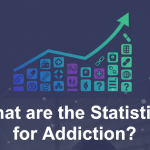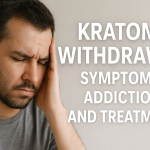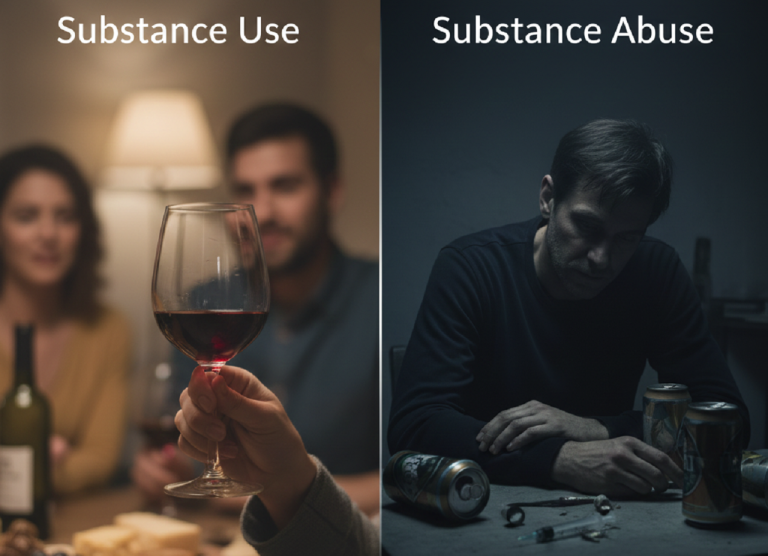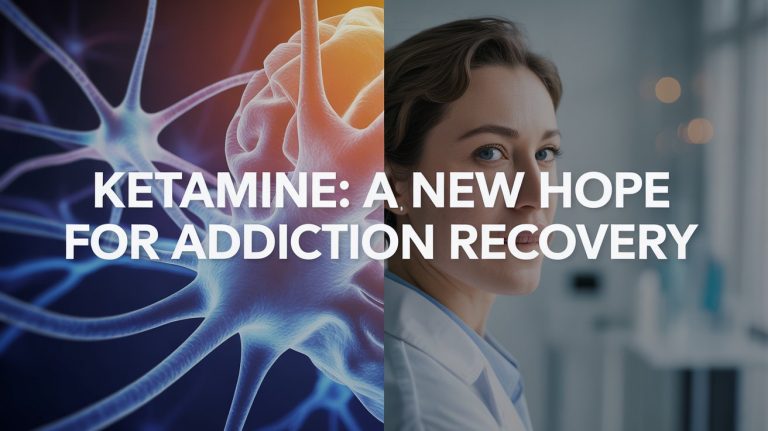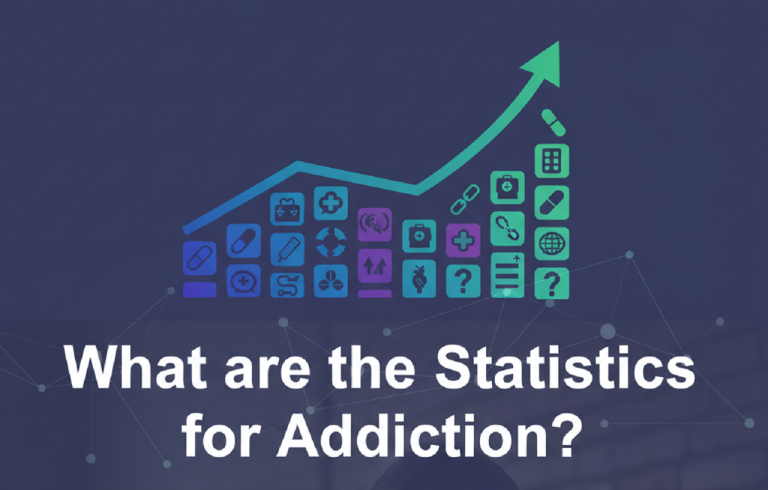A loved one’s mental health may change as the years pass, so any changes should be respectfully and thoughtfully addressed. As they get older, some people can experience mental health problems that are not widely recognized. Dealing with these issues is key to ensuring they enjoy good mental health and a high-quality life as they age.
Understanding the Mental Health Needs of a Loved One
Cognitive, emotional and social changes linked with aging can affect a person’s mental health. Slow memory and trouble with reasoning are common side effects of aging. Moving on in life by retiring or losing a loved one can make your loved one feel stressed, depressed or worried. Social loneliness may play a role in making their mental challenges worse, as the patient does not have much social interaction. In addition, problems that age brings, such as pain or long-term illnesses, can negatively influence mental health since a person’s health can have an effect on their mood.
Common Mental Health Disorders in Loved Ones
Several mental health disorders can significantly affect your loved one, especially as they age or experience major life changes:
Depression: If someone in your family is depressed due to loss, continual disease or being isolated, you might not immediately notice. While in younger people signs of depression might be noticeable, it may appear as lack of interest, feeling tired or having less energy for favorite activities in teenagers which are occasionally confused with tiredness or aging.
Anxiety: If you worry a lot, become restless and have palpitations, it might mean you are experiencing stress. When your loved one is worried about health, money or the upcoming days, this worry can contribute to this mental illness.
Dementia and Alzheimer’s Disease: These brain conditions often result in forgetting things, having trouble thinking and a drop in how well a person functions daily. Alzheimer’s disease is the most frequent, making a big difference in the lives of individuals as well as their loved ones.
Schizophrenia: It is quite uncommon but can appear in people at an older age. Hallucinations or delusions can be very distressing and confusing for your family member and all who come across them.
Substance Abuse: It is becoming more common for substance problems (including alcohol or prescription drugs) to develop or worsen in older adults who are struggling with mental health problems.
Distinct Challenges in Diagnosing and Treating Mental Health Issues in a Loved One
It is often complicated to both identify and solve mental health disorders affecting loved ones since there are several unique risks involved.
Commonly, mental health symptoms are mixed up with regular personality changes, so people underestimate the need for help. Because of stigma, many individuals choose not to admit their problems or turn to help when needed.
Shared Symptoms: It is common for people with mental health conditions to experience things like fatigue or memory problems, just like some physical health problems, so the correct diagnosis can be harder.
Reasons for Not Seeking Help: Some barriers are physical pains, being unable to get to mental healthcare or not enough mental health facilities. Even today, many do not know how mental health treatment is useful or exists.
Usually, patients take several medications for various diseases, so it can be hard for doctors to watch over these medications. Since there are more possibilities of side effects or drug reactions, the patient’s condition must be monitored.
Treatment Options for Mental Health
Effective treatment for mental health issues in a loved one involves a combination of approaches tailored to their individual needs.
Successful support for someone with mental health issues uses different strategies suitable for their specific needs.
Depression, anxiety and similar mental diseases can be managed with cognitive behavioral therapy and supportive therapy which are well-known psychotherapy methods. During counseling, loved ones are helped by looking at their lives and responding to the difficulties they face as they age.
Drug treatment can include antidepressants, anti-anxiety pills and antipsychotics, but the patient is supervised to ensure the medicine is given correctly. Patients need to be regularly observed to check their reaction to the drugs and any side effects that occur.
Promoting good mental health includes keeping active, eating healthily and sleeping enough. Another form is practices like mindfulness and meditation for example.
Groups help each member remain mentally healthy and fit. A lot of needs regarding being social and avoiding loneliness are satisfied through being active in groups, including self-help organizations.
Having family around is important for mental health and loved ones should always be kept under their watchful eye. Giving caregivers what they need can make the care provided better and also keep them from becoming overly tired.
Their mental health must be protected, so they can live happily and remain healthy. Getting professional mental health care is very important whenever mental health issues affect you or someone you care about. Get more information about our mental health treatment program now.









